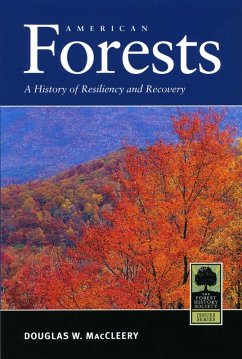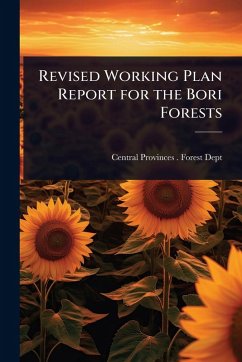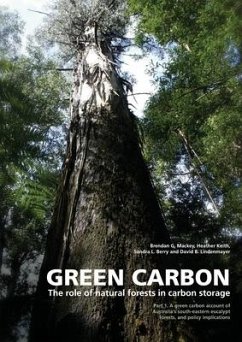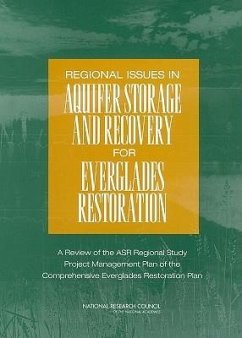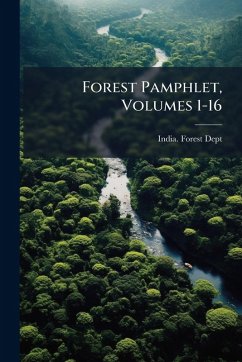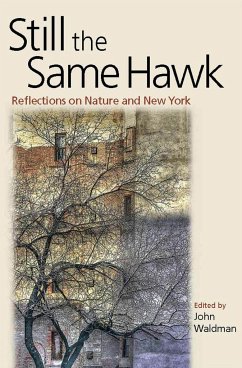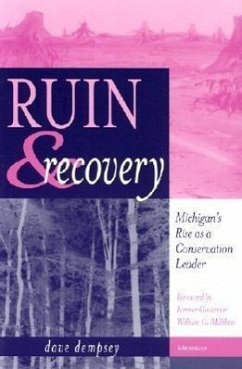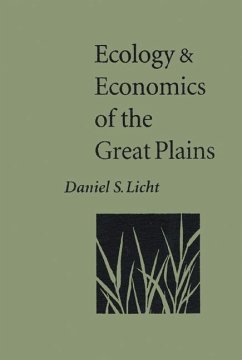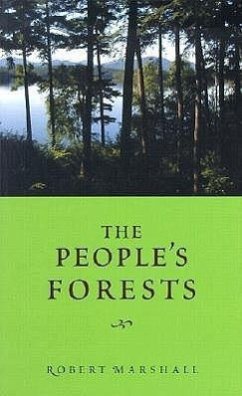
Ecology and Recovery of Eastern Old-Growth Forests
Versandkostenfrei!
Versandfertig in über 4 Wochen
45,99 €
inkl. MwSt.

PAYBACK Punkte
23 °P sammeln!
North American landscapes have been shaped by humans for millennia through fire, agriculture, and hunting. But the arrival of Europeans several centuries ago ushered in an era of rapid conversion of eastern forests to cities, farms, transportation networks, and second-growth woodlands. Recently, numerous remnants of old growth have been discovered, and scientists are developing strategies for their restoration that will foster biological diversity and reduce impacts of climate change. Forest ecologists William Keeton and Andrew Barton bring together an edited volume that breaks new ground in o...
North American landscapes have been shaped by humans for millennia through fire, agriculture, and hunting. But the arrival of Europeans several centuries ago ushered in an era of rapid conversion of eastern forests to cities, farms, transportation networks, and second-growth woodlands. Recently, numerous remnants of old growth have been discovered, and scientists are developing strategies for their restoration that will foster biological diversity and reduce impacts of climate change. Forest ecologists William Keeton and Andrew Barton bring together an edited volume that breaks new ground in our understanding of eastern old-growth forest ecosystems and their importance for resilience in an age of rapid environmental change. Leading experts examine topics of contemporary forest ecology across a broad geographic canvas in the eastern United States.



